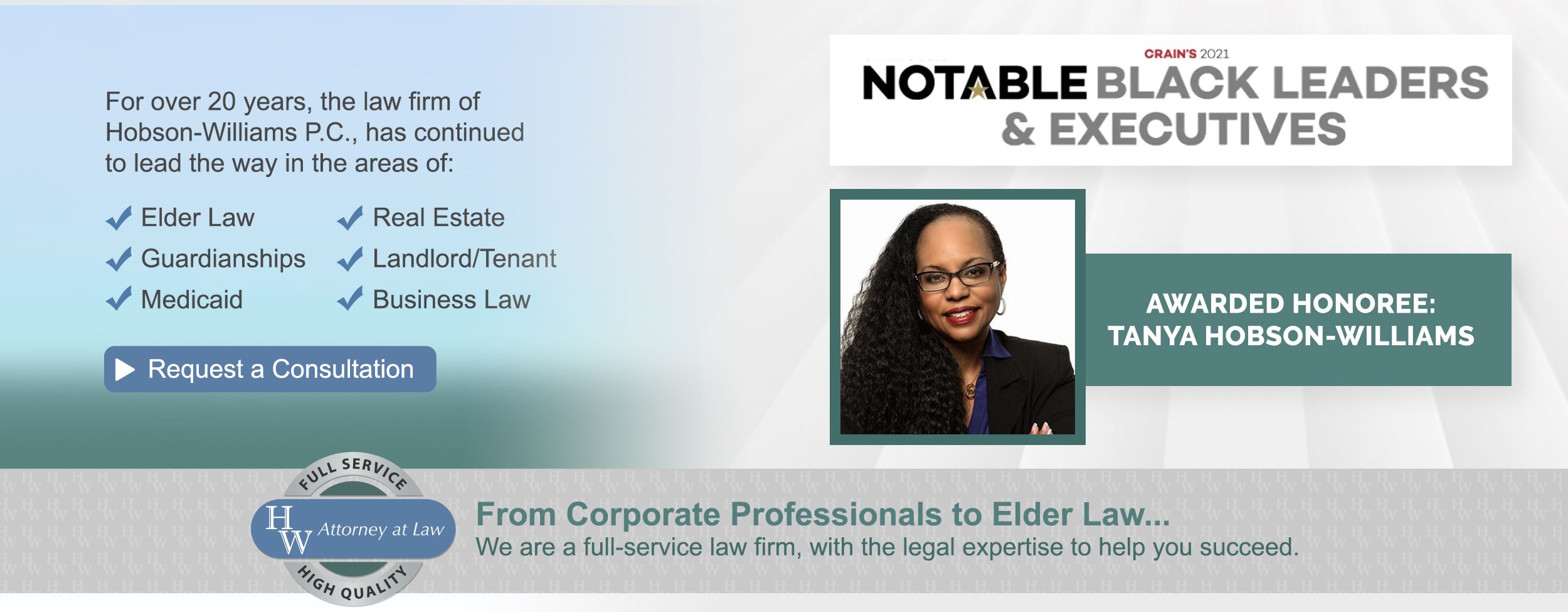Dozens of current and former Russian Diplomats and their spouses have been accused of committing Medicaid fraud in a criminal complaint filed in December 2013. The diplomats, which include employees of Russia’s consulate, employees of its mission to the U.N., and trade representatives, were among 49 individuals charged in a complaint unsealed in federal court in Manhattan. Though no arrests were made and only 11 of the diplomats and their spouses remained in the United States, the complaint said Medicaid, a health care program for the poor and disabled, lost about $1.5 million in the scheme since 2004.
The complaint alleges that the defendants submitted fraudulent applications for medical benefits for pregnancies, child births and care for young children. Federal prosecutors said the diplomats qualified for Medicaid benefits by underreporting their income, often by tens of thousands of dollars, yet were enjoying countless luxury amenities while in the United States.
In court papers, FBI agent Jeremy Robertson described an 18-month investigation, saying investigators had discovered a pattern of falsified applications. He said 58 of the 63 births attributed to Russian diplomats and their spouses in New York City between 2004 and 2013 were funded through Medicaid, which is largely federally funded but also includes money from state and local governments.
Robertson wrote that the diplomats and their spouses generally underreported household income to an amount below the applicable Medicaid eligibility level, and some of them lied about the citizenship status of their children to obtain continuing health coverage for them.
Meanwhile, the diplomats and their spouses spent tens of thousands of dollars on vacations, expensive jewelry and designer clothing at luxury retail stores including Bloomingdale’s, Tiffany & Co., Jimmy Choo, Swarovski and others, the court papers said. The complaint said they also spent tens of thousands of dollars on electronic merchandise at Apple Inc., bought concert tickets, robotic cleaning devices and chartered helicopters.
Charges in the criminal complaint included conspiracy to commit health care fraud, conspiracy to steal government funds and make false statements relating to health care matters.
“Being a diplomat does not give you the right to commit health care fraud,” said George Venizelos, head of the FBI’s New York office, he added, “The defendants selfishly took advantage of a health care system designed to help the unfortunate and should be punished.”
Common penalties for Medicaid fraud include monetary fines, disqualification, garnishment of wages, and even criminal prosecutions. If you or a loved one have been charged with Medicaid fraud, the consequences you may face can be severe. As a result, you should immediately contact an experienced Medicaid attorney to receive the representation you deserve.

















